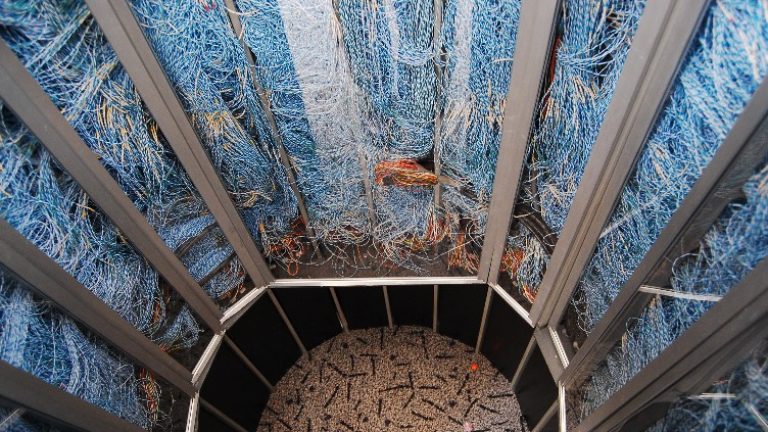
Change logs: Why they still matter
Cray 1 computer core. Let’s hope they had a record of where all those wires were connected! I have often been told that the change log is obsolete; it being suggested that with modern… Read More

Cray 1 computer core. Let’s hope they had a record of where all those wires were connected! I have often been told that the change log is obsolete; it being suggested that with modern… Read More
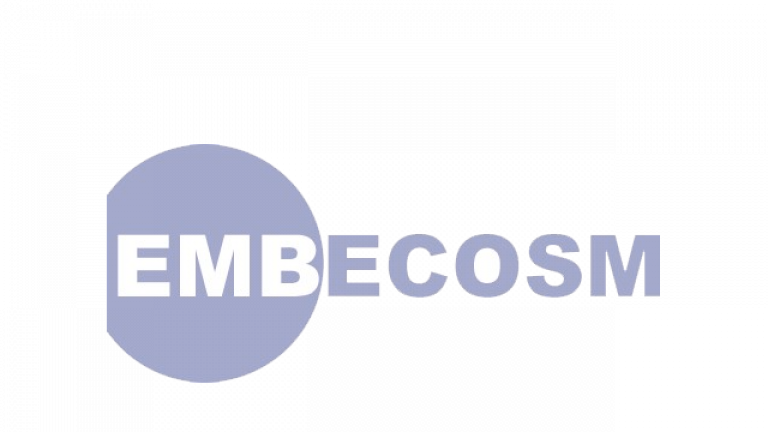
For the last year or two, many of our customers have requested that that source code for their GNU tool chains is held on GitHub, even though the upstream repositories were in Subversion (GCC) or CVS (everything else). That was not… Read More
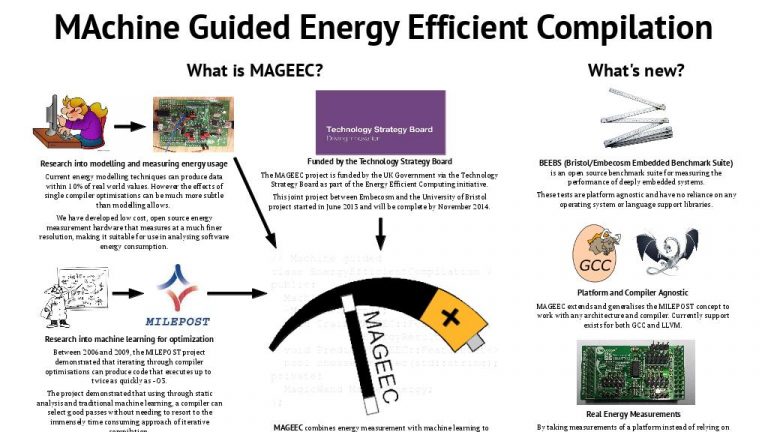
Last month we attended the Euro-LLVM meeting, a conference for the LLVM developer community in Europe. We were presenting our poster of our work on the… Read More
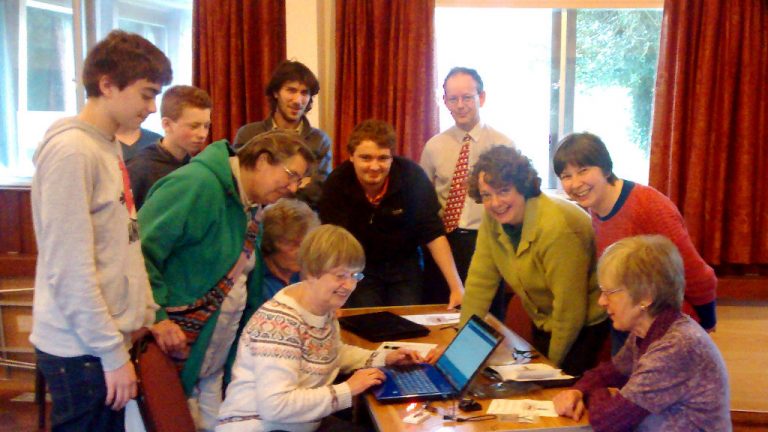
Lymington (UK) has a number of interesting characteristics. For example, it has produced much of the UK Olympic sailing team in recent years, the vicar of its parish church, the Rev Peter Salisbury, is a former open… Read More
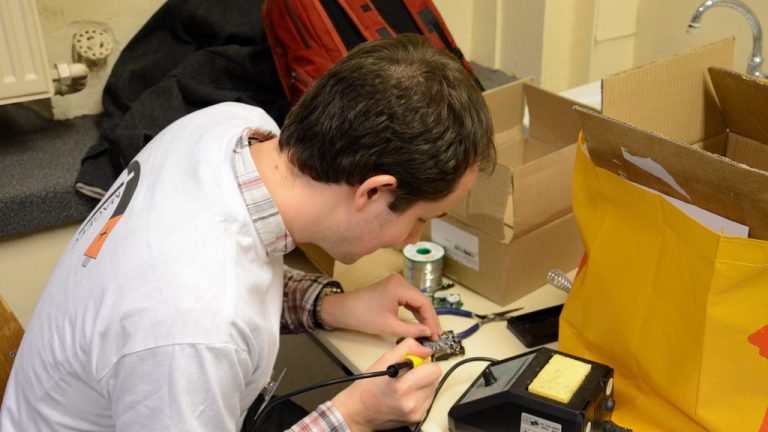
In my previous post I talked about the main track presentation “Who Ate My Battery” given at FOSDEM 2014 with my colleague Kerstin Eder of Bristol University. That was on the… Read More

Early every February, around five thousand people take over the Free University of Brussels for a weekend for the Free and Open Source Developers’ European Meeting. The attendees at FOSDEM span the whole gamut of society: amateur beginners through… Read More
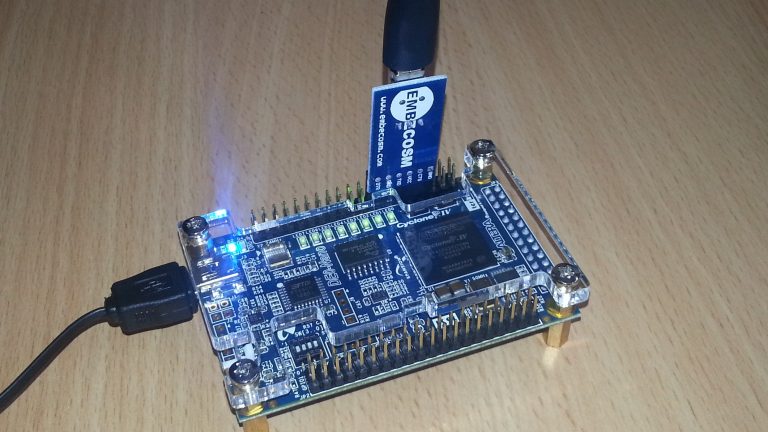
Free software is everywhere. You may be reading this article on a smartphone running Android, using a browser such as Firefox, with the article supplied by a web server running Apache. All this works, because software has a marginal cost… Read More
My colleague, Jörn Rennecke, has just had his port of the GNU Compiler Collection for the Synopsys ARC processor family reviewed and accepted into the FSF mainline Read More
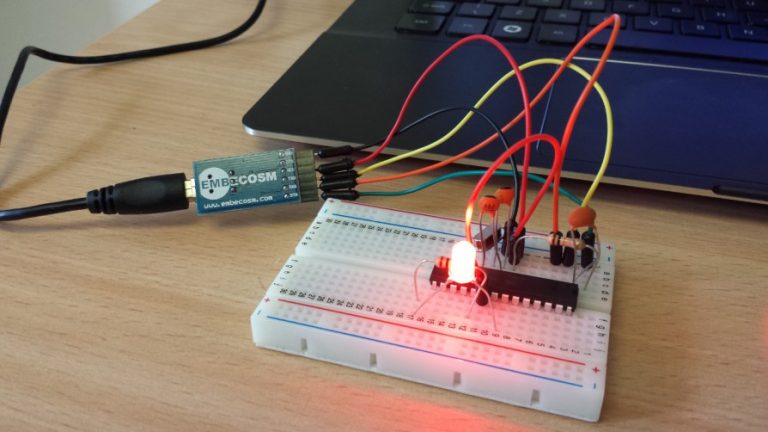
There is something of a race to make the cheapest possible computer and if the Internet of Things is to succeed, then we need such products. The good thing about many of these boards is that they are readily available to the consumer, and very accessible for the embedded non-specialist, whether a product designer, a teacher or a hobbyist Read More
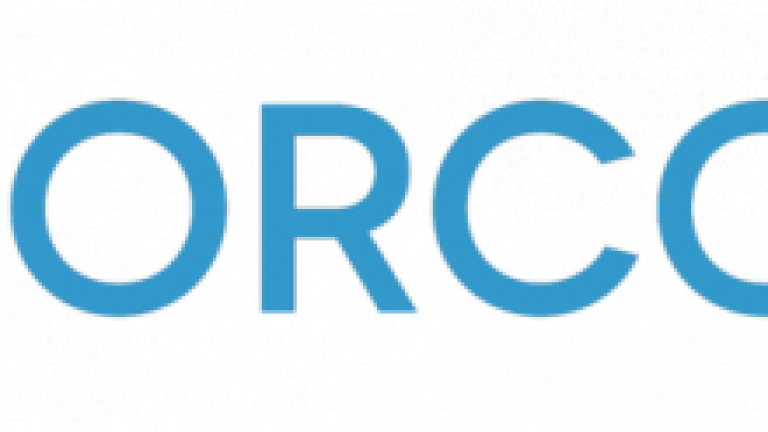
The annual OpenCores conference is now in its third year and comes to the UK for the first time. We'll be meeting on 5-6 October at the Cambridge University Computer Laboratory. This is the ultimate informal conference, where all of those interested in open source silicon chip design can get together to talk, design, eat and drink Read More